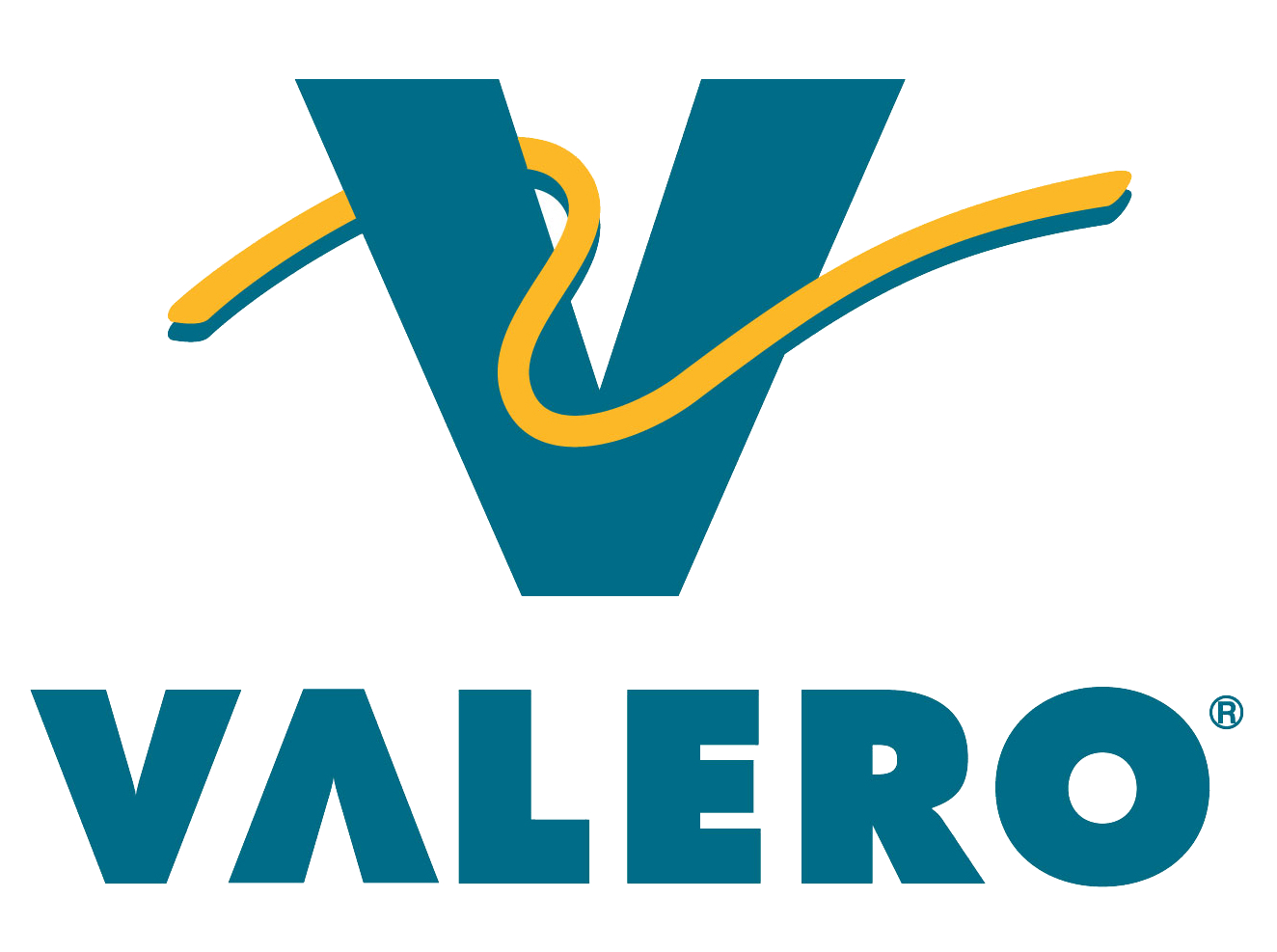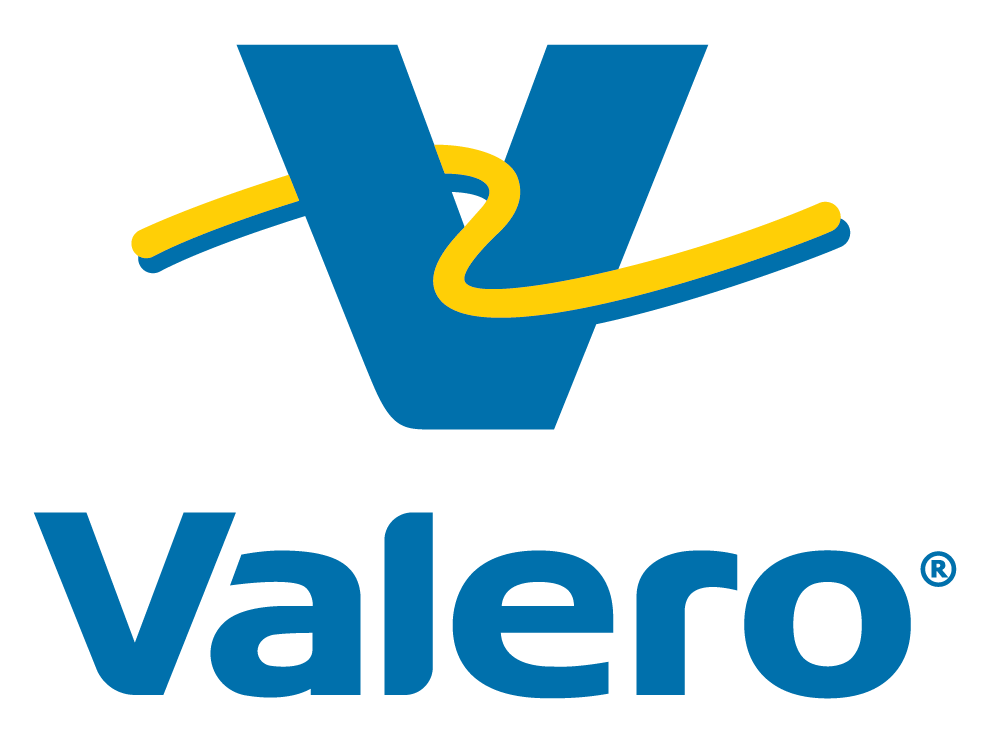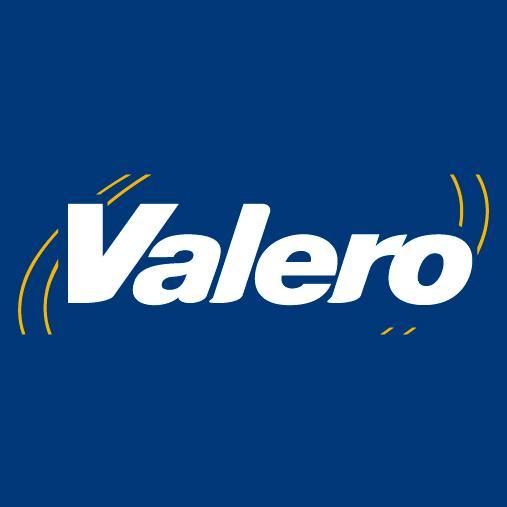Is Chevron Behind Valero?
Is Valero owned by Chevron?
No, Valero is not owned by Chevron. Valero Energy Corporation is an independent petroleum refiner and marketer based in San Antonio, Texas. Chevron Corporation is an American multinational energy corporation based in San Ramon, California.
Valero is one of the largest independent refiners in the United States, with a refining capacity of approximately 3.1 million barrels per day. The company operates 15 refineries in the United States, Canada, and the United Kingdom. Valero also has a significant retail network, with approximately 7,500 gas stations in the United States and Canada.
- Onlyfans Leak What You Need To Know And How To Stay Safe
- Watch Movies For Free The Ultimate Guide To Legal Streaming In 2024
Chevron is one of the largest integrated energy companies in the world. The company's operations include exploration and production, refining, marketing, and transportation of crude oil and natural gas. Chevron has operations in more than 180 countries and employs approximately 45,000 people.
Is Valero Owned by Chevron?
The question of whether Valero is owned by Chevron is a common one, as both companies are major players in the energy industry. To clarify this matter, we will explore seven key aspects related to the topic:
- Independent Refiner: Valero is an independent petroleum refiner, not owned by Chevron.
- Headquarters: Valero is headquartered in San Antonio, Texas, while Chevron is headquartered in San Ramon, California.
- Operations: Valero operates 15 refineries in the US, Canada, and the UK, while Chevron has operations in over 180 countries.
- Products: Both companies refine and market petroleum products, including gasoline, diesel, and jet fuel.
- Retail Network: Valero has a significant retail network with approximately 7,500 gas stations in the US and Canada, while Chevron has a smaller retail presence.
- Size: Valero is one of the largest independent refiners in the US, while Chevron is one of the largest integrated energy companies in the world.
- Ownership: Valero is a publicly traded company, while Chevron is a privately held company.
In summary, Valero is not owned by Chevron. The two companies are separate entities with distinct operations and ownership structures.
- Kannada Movies 2023 Find Legal Streaming Options Info Now
- Filmy4wap Xyz Com Your Ultimate Guide To Streaming And Downloading Movies
1. Independent Refiner
The statement "Independent Refiner: Valero is an independent petroleum refiner, not owned by Chevron" is directly related to the question "is valero owned by chevron". It clarifies that Valero is not a subsidiary or a part of Chevron, but rather a separate and independent company.
- Definition of Independent Refiner
An independent refiner is a company that owns and operates its own refineries and is not controlled by a larger oil and gas corporation. Independent refiners typically purchase crude oil from various sources and refine it into gasoline, diesel, and other petroleum products. - Valero as an Independent Refiner
Valero is one of the largest independent refiners in the United States. The company operates 15 refineries in the US, Canada, and the United Kingdom, and has a refining capacity of approximately 3.1 million barrels per day. - Benefits of Being an Independent Refiner
Being an independent refiner gives Valero the flexibility to make its own decisions about which crude oil to purchase and how to operate its refineries. This can give Valero a competitive advantage over refiners that are owned by larger oil and gas companies. - Conclusion
The fact that Valero is an independent refiner is a key factor in its success. It allows the company to be nimble and responsive to market changes, and to compete effectively with larger oil and gas companies.
2. Headquarters
The fact that Valero is headquartered in San Antonio, Texas, while Chevron is headquartered in San Ramon, California, is a reflection of the two companies' different histories and business models.
Valero was founded in 1980 as a small, independent refiner. The company has grown over the years through a series of acquisitions and mergers. Valero's headquarters in San Antonio is a reflection of the company's roots in the Texas oil industry.
Chevron, on the other hand, was founded in 1879 as the Standard Oil Company of California. The company has a long history of exploration and production, and its headquarters in San Ramon is a reflection of its global reach.
The different locations of Valero's and Chevron's headquarters are a reminder that the two companies are different entities with different histories and business models. Valero is an independent refiner, while Chevron is an integrated oil and gas company.
The fact that Valero and Chevron are headquartered in different states also has some practical implications. For example, the companies are subject to different state laws and regulations. Additionally, the companies' different locations may affect their access to certain resources and markets.
Overall, the fact that Valero is headquartered in San Antonio, Texas, while Chevron is headquartered in San Ramon, California, is a reflection of the two companies' different histories and business models.
3. Operations
The difference in the geographic scope of Valero's and Chevron's operations is a reflection of the two companies' different business models. Valero is a refiner and marketer of petroleum products, while Chevron is an integrated oil and gas company.
- Valero's Focus on Refining and Marketing
Valero's operations are concentrated in the US, Canada, and the UK. This is because Valero's business model is focused on refining and marketing petroleum products. The company's refineries are located in areas with access to crude oil and markets for refined products. - Chevron's Global Reach
Chevron's operations are spread across over 180 countries. This is because Chevron is an integrated oil and gas company. The company's operations include exploration and production, refining, marketing, and transportation of crude oil and natural gas. - Implications for Ownership
The difference in the geographic scope of Valero's and Chevron's operations does not have any implications for ownership. Valero is an independent refiner, while Chevron is an integrated oil and gas company. The two companies are separate entities with different business models.
In summary, the difference in the geographic scope of Valero's and Chevron's operations is a reflection of the two companies' different business models. Valero is a refiner and marketer of petroleum products, while Chevron is an integrated oil and gas company.
4. Products
The fact that both Valero and Chevron refine and market petroleum products, including gasoline, diesel, and jet fuel, is a reflection of the two companies' similar business models. Both companies are in the business of producing and selling refined petroleum products to consumers.
- Similarities in Products and Services
Valero and Chevron both offer a range of refined petroleum products, including gasoline, diesel, and jet fuel. These products are essential to modern society, as they are used to power vehicles and aircraft. - Competition and Cooperation
Valero and Chevron are both major players in the refined petroleum products market. They compete for market share, but they also cooperate on certain projects, such as the development of new technologies. - Implications for Ownership
The fact that both Valero and Chevron refine and market petroleum products does not have any implications for ownership. The two companies are separate entities with different business models. Valero is an independent refiner, while Chevron is an integrated oil and gas company.
In summary, the fact that both Valero and Chevron refine and market petroleum products is a reflection of the two companies' similar business models. Both companies are in the business of producing and selling refined petroleum products to consumers.
5. Retail Network
The difference in the size of Valero's and Chevron's retail networks is a reflection of the two companies' different business models. Valero is a refiner and marketer of petroleum products, while Chevron is an integrated oil and gas company.
Valero's large retail network gives the company a competitive advantage in the sale of gasoline and other refined petroleum products. The company's gas stations are located in convenient locations, and they offer a variety of services, such as car washes and convenience stores. Chevron, on the other hand, has a smaller retail presence. The company's gas stations are primarily located in the western United States, and they offer a more limited range of services.
The fact that Valero has a larger retail network than Chevron does not have any implications for ownership. Valero is an independent refiner, while Chevron is an integrated oil and gas company. The two companies are separate entities with different business models.
In summary, the difference in the size of Valero's and Chevron's retail networks is a reflection of the two companies' different business models. Valero is a refiner and marketer of petroleum products, while Chevron is an integrated oil and gas company.
6. Size
The difference in size between Valero and Chevron is a reflection of the two companies' different business models. Valero is an independent refiner, while Chevron is an integrated oil and gas company. Independent refiners typically purchase crude oil from various sources and refine it into gasoline, diesel, and other petroleum products. Integrated oil and gas companies, on the other hand, are involved in all aspects of the oil and gas industry, from exploration and production to refining and marketing.
Valero's smaller size gives the company a number of advantages. Independent refiners are typically more nimble and responsive to market changes than larger, integrated oil and gas companies. This allows Valero to take advantage of opportunities and avoid risks more quickly than its larger competitors. Additionally, Valero's focus on refining and marketing gives the company a deep understanding of the downstream oil and gas market. This allows Valero to better meet the needs of its customers and compete effectively with larger, integrated oil and gas companies.
Chevron's larger size gives the company a number of advantages as well. Integrated oil and gas companies have greater access to capital and resources than independent refiners. This allows Chevron to invest in new technologies and projects that would be out of reach for smaller companies. Additionally, Chevron's global reach gives the company a competitive advantage in the international oil and gas market.
Ultimately, the question of whether Valero is owned by Chevron is a matter of semantics. Valero is an independent company, but it does have a strategic alliance with Chevron. This alliance gives Valero access to Chevron's global network and resources, while allowing Chevron to benefit from Valero's expertise in refining and marketing.
7. Ownership
The fact that Valero is a publicly traded company while Chevron is a privately held company is a key factor in understanding the ownership structure of the two companies. A publicly traded company is a company whose shares are traded on a stock exchange, while a privately held company is a company whose shares are not traded on a stock exchange and are instead owned by a small group of investors.
There are several key differences between publicly traded and privately held companies. First, publicly traded companies are subject to more regulation than privately held companies. This is because publicly traded companies have a duty to disclose certain information to the public, such as their financial statements and their plans for the future. Privately held companies, on the other hand, are not subject to the same level of regulation.
Second, publicly traded companies are more susceptible to takeover attempts than privately held companies. This is because anyone can buy shares of a publicly traded company on the stock exchange. Privately held companies, on the other hand, are not as easy to take over because their shares are not as widely available.
The different ownership structures of Valero and Chevron have implications for the question of whether Valero is owned by Chevron. Because Valero is a publicly traded company, it is not possible for Chevron to own all of its shares. This means that Valero is not a subsidiary of Chevron and is not controlled by Chevron.
In summary, the fact that Valero is a publicly traded company while Chevron is a privately held company is a key factor in understanding the ownership structure of the two companies. This difference in ownership structure has implications for the question of whether Valero is owned by Chevron.
FAQs on "Is Valero Owned by Chevron?"
This section addresses frequently asked questions and misconceptions surrounding the relationship between Valero and Chevron.
Question 1: Is Valero a subsidiary of Chevron?No, Valero is not a subsidiary of Chevron. Valero is an independent refiner and marketer of petroleum products, while Chevron is an integrated oil and gas company.
Question 2: Does Chevron own any shares of Valero?Chevron does not own any shares of Valero. Valero is a publicly traded company, meaning that its shares are owned by a variety of investors.
Question 3: Do Valero and Chevron have any business relationships?Yes, Valero and Chevron have a strategic alliance. This alliance gives Valero access to Chevron's global network and resources, while allowing Chevron to benefit from Valero's expertise in refining and marketing.
Question 4: Is Valero owned by any other company?No, Valero is not owned by any other company. Valero is an independent company with its own board of directors and management team.
Question 5: Why do some people mistakenly believe that Valero is owned by Chevron?There are several reasons why some people may mistakenly believe that Valero is owned by Chevron. One reason is that Valero and Chevron have a strategic alliance, which can lead people to believe that Chevron has a controlling interest in Valero. Another reason is that Valero and Chevron are both major players in the oil and gas industry, which can lead people to assume that they are related companies.
In summary, Valero is not owned by Chevron. Valero is an independent company with its own board of directors and management team.
If you have any further questions, please consult the resources listed in the "Additional Resources" section below.
Conclusion
In summary, Valero is not owned by Chevron. Valero is an independent petroleum refiner and marketer based in San Antonio, Texas, while Chevron is an American multinational energy corporation based in San Ramon, California.
The two companies have different business models and operate in different geographic regions. Valero is focused on refining and marketing petroleum products, while Chevron is an integrated oil and gas company with operations in exploration and production, refining, marketing, and transportation.
While Valero and Chevron have a strategic alliance, this does not mean that Chevron owns Valero. Valero is a publicly traded company, meaning that its shares are owned by a variety of investors.
The question of whether Valero is owned by Chevron is a common one, but the answer is clear: Valero is not owned by Chevron.
- Hdhub4you Your Ultimate Destination For Highquality Entertainment
- Adriana Lima Face A Journey Through Beauty And Beyond

Valero Company Profile Corporate Watch

Branded Fuel RM Parks Inc

Valero (Grupo) (ValeroGrupo) Twitter